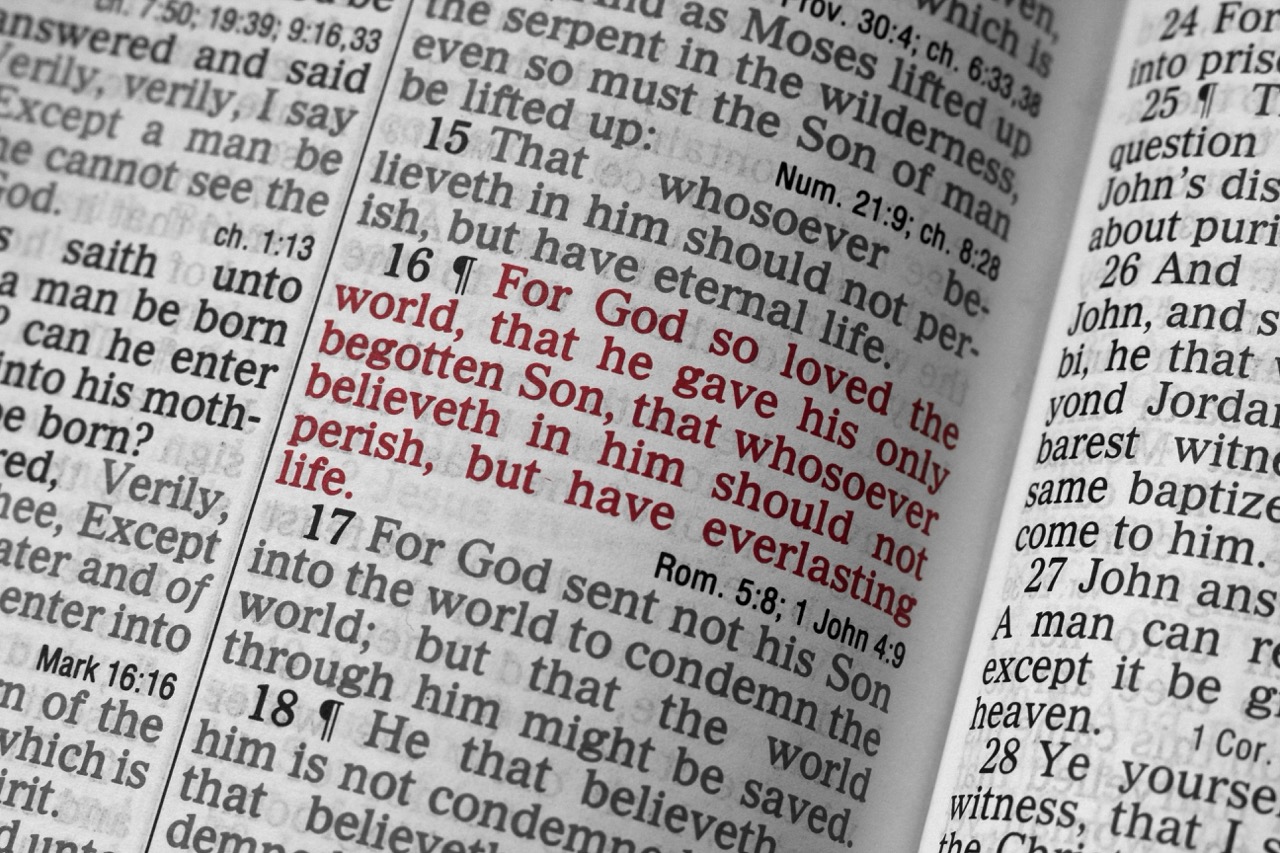When the Past Calls: The Tale of Lot’s Wife and Regret

In the annals of biblical history, the tale of Lot’s wife stands out as a poignant reminder of the struggles between loyalty to the past and the need to embrace the future. Her story, though brief, encapsulates profound themes of regret, longing, and the pursuit of faithfulness. As we delve into the narrative, we explore the implications of her choice and the lessons it imparts about the human condition.
A Moment’s Choice: The Story of Lot’s Wife Unfolds
The story of Lot’s wife is rooted in the biblical account found in the book of Genesis, specifically in chapters 18 and 19. Lot, the nephew of Abraham, resided in the city of Sodom, a place characterized by wickedness and immorality. However, God, in His mercy, decided to spare Lot and his family from the impending destruction of Sodom. Angels were sent to warn them of the catastrophe that awaited the city, urging them to flee without looking back. This command was clear: to escape the destruction of their home meant leaving behind their past lives entirely.
As the family prepared to leave, it was evident that the decision weighed heavily on them. While Lot and their daughters were quick to follow the angels’ directives, Lot’s wife lingered, perhaps torn between the attachments forged in the city and the uncertain future that lay ahead. The moment of their departure was charged with urgency, and yet, as they ventured forth, a deep-seated yearning compelled her to glance back one last time. This single moment of hesitation would seal her fate, transforming her into a pillar of salt—a striking image of desolation and loss.
The narrative captures not just a physical escape from destruction, but a profound internal struggle. Lot’s wife’s glance over her shoulder was not merely a look at a physical place, but a longing for a life filled with familiarity, comfort, and past memories. It was a choice; a moment laden with emotional weight that would ultimately lead to irreversible consequences. The story of Lot’s wife serves as a powerful metaphor for the decisions we face while navigating the complexities of life, illustrating how a single moment can alter our paths forever.
Turning Back: The Weight of Regret and Reflection
The act of looking back is often laden with emotional implications, and for Lot’s wife, her fleeting glance was the embodiment of profound regret. In an instant, she was transformed from a woman fleeing destruction to a symbol of what it means to be consumed by longing for the past. The consequences of her choice were immediate and severe; she was turned into a pillar of salt, forever frozen in time, a marker of disobedience and a warning to others who might follow a similar path.
Her transformation serves as a stark reminder of the dangers of nostalgia. In choosing to look back, Lot’s wife not only defied divine instruction but also failed to recognize that the past, with all its allure, was fraught with peril. The destruction of Sodom was not just an event but a consequence of choices made long before her glance—a reminder that sometimes, the things we hold onto can chain us to destruction rather than propel us toward freedom. Her fate became a reflection on the weight of regret, illustrating how a singular decision can reverberate through time and alter one’s existence.
Regret, as illustrated through Lot’s wife’s story, can manifest in various forms—remorse for what was lost, sorrow for missed opportunities, and despair for the choices we make. Her plight encapsulates the human experience, where the past often beckons us, tempting us to reconsider paths not taken. Yet, in this reflection, we can also find the seeds of learning; understanding that the weight of our choices is a vital part of our journey towards growth and healing.
The Consequence of Longing: A Lesson in Faithfulness
The tale of Lot’s wife illustrates a vital lesson in faithfulness—a commitment to trust in the divine plan, even when it requires letting go of the past. Her longing for Sodom signifies the struggle many face when confronted with the unknown. The allure of familiarity can be overpowering, but it also highlights the importance of discernment in our choices. In the context of faith, it teaches us that true obedience often requires a leap into the unknown, a relinquishing of what we once knew for the promise of what lies ahead.
Lot’s wife’s choice reflects the broader human tendency to cling to past comforts, even when those comforts are tied to destruction. Her longing serves as a cautionary tale about the consequences of allowing nostalgia to overshadow divine guidance. In choosing to look back, she prioritized her emotional attachments over the call to move forward, thus emphasizing the need for faithfulness in our spiritual journey. Faith is often tested in moments of choice, where we must decide whether to trust in the future God has laid out for us or to retreat into the safety of what we already know.
The lesson of Lot’s wife is not solely about the dangers of looking back but also about the importance of cultivating a forward-looking faith. In our lives, we are often faced with moments that challenge our commitment to embrace change. Through Lot’s wife’s experience, we are reminded that faithfulness requires courage—the courage to leave behind what is familiar, to step into the unknown, and to trust that God has a greater plan for us. This lesson endures, urging us to navigate our life choices with intention and reflection to avoid the pitfalls of longing.
Embracing the Future: Healing Beyond the Past’s Grasp
As we reflect on the story of Lot’s wife, it becomes clear that the path forward is more than just a physical journey; it is a journey of healing and transformation. The consequences of her decision serve to highlight the importance of embracing the future rather than being chained to the past. Healing often requires a conscious effort to let go of what no longer serves us, to move beyond past regrets, and to open ourselves up to new possibilities.
Embracing the future entails recognizing that while the past shapes us, it does not have to define us. Lot’s wife’s story encourages us to reflect on our own lives—where do we find ourselves looking back? What past experiences or relationships pull us into a state of longing? The act of healing is rooted in the ability to forgive ourselves for the choices we’ve made and to understand that growth often comes from letting go. By acknowledging our past while choosing to step boldly into the future, we can cultivate a sense of purpose and fulfillment.
In this light, the tale of Lot’s wife becomes a powerful narrative of hope. It is a reminder that while the past may call to us, our future holds the potential for renewal and transformation. By releasing our grip on what we cannot change and embracing the opportunities ahead, we can find healing beyond the past’s grasp. We are ultimately invited to live in the present with an open heart, ready to forge a path that honors our experiences while looking forward to the richness that life has yet to offer.
The story of Lot’s wife resonates through time, echoing the universal struggles of longing, regret, and the quest for faithfulness. Her narrative serves as both a warning and a lesson, challenging us to confront our own attachments to the past while emphasizing the importance of embracing the future. As we navigate our own journeys, may we find the strength to let go of what no longer serves us, to trust in the divine plan, and to step boldly into the healing that lies beyond our past. In the end, it is our choices that define our paths, and like Lot’s wife, we are reminded that looking back can lead to unforeseen consequences, while moving forward opens the door to new beginnings.




